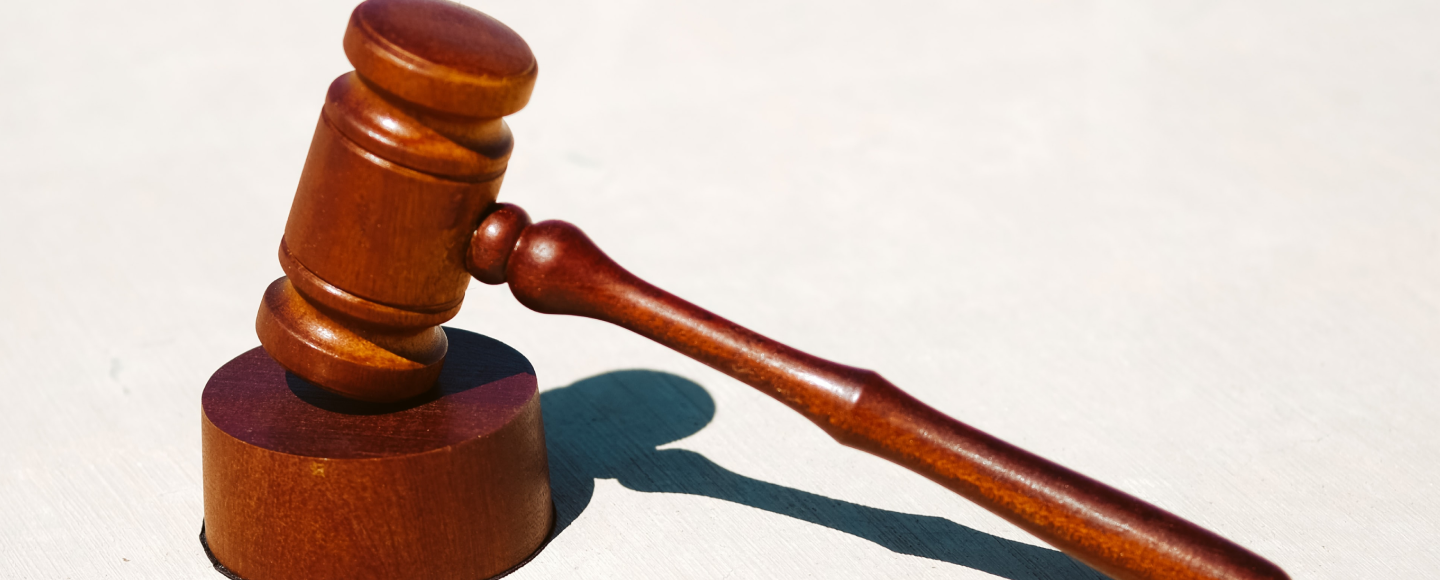Wake County police officers routinely use three Standardized Field Sobriety Tests (SFSTs) to measure impairment in individuals suspected of driving while impaired. The three tests are:
- Horizontal Gaze Nystagmus Test (HGN), which purportedly measures impairment by revealing “jerkiness” in eye movement while the eyes track an object
- Walk-and-Turn test (WAT)
- One-Leg-Stand (OLS)
The results of these tests, as reported by the officers who conducted them, are routinely admitted into evidence at trials in North Carolina courts as evidence of alcohol intoxication. In North Carolina, opinion evidence of a scientific or technical nature must be “sufficiently reliable” to be useful to the judge or jury deciding the case.
So how reliable are the field tests used by North Carolina police officers? According to the National Highway Traffic Safety Administration (NHTSA) — the organization that promotes the use of these tests and has funded research to bolster their credibility — the accuracy of these tests is as follows:
- HGN test, administered alone: 77% accurate at determining if a person’s BAC is .10 or higher
- WAT test, administered alone: 68% accurate at determining if a person’s BAC is .10 or higher
- OLS test, administered alone: 65% accurate at determining if a person’s BAC is .10 or higher
According to the NHTSA, when the HGN and WAT data were combined, those two tests used together are 80% accurate in determining if a person’s BAC is .10 or higher. Finally, the NHTSA claims that all three tests used together are 83% accurate in making the same determination.
In a criminal trial, the government is required to prove its case beyond a reasonable doubt. And while no numerical value has been assigned to that legal standard as a matter of law, no court should find 83% accuracy to meet the standard of beyond a reasonable doubt, in the absence of other evidence.
★★★
Raleigh DWI lawyer Ben Hiltzheimer is a criminal lawyer in Raleigh, North Carolina, who represents individuals charged with DWIs and the full spectrum of misdemeanors and felonies. Contact us for a free, confidential consultation and case evaluation at (919) 727-9227.







